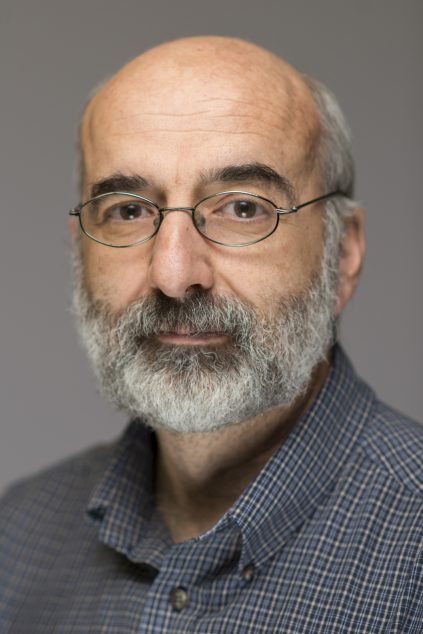Arturo Hernandez
Education
- BS: Universidad Autonoma de Madrid (Spain)
- PhD: Instituto de Investigaciones Biomedicas and Universidad Autonoma de Madrid (Spain)
- Postdoctoral Training: Dartmouth Medical School
Research Interests
Our laboratory focuses on understanding the consequences of alterations in thyroid hormone exposure during different developmental periods for the hypothalamic-pituitary-thyroid axis, endocrine function, and neurological and behavioral outcomes. Abnormal levels of thyroid hormones are rather prevalent in humans due to disease of the thyroid gland, and can also occur during pregnancy, influencing fetal development.
We utilize mouse models with deficiency in the type 3 deiodinase gene (Dio3) and other transgenic mouse strains. Dio3 is as a key determinant of thyroid hormone exposure in both developing and adult tissues, as it encodes a selenoenzymethat converts thyroid hormones into metabolites that are biologically inactive, thus limiting thyroid hormone action in the tissues in which it is expressed and contributing to the clearance of thyroid hormones from the circulation. Using these models, we study endpoints that are relevant to a number of endocrineconditions including, obesity, type 2 diabetes and infertility, and to certain neurodevelopmental disorders such as autism, schizophrenia and depression.
Dio3 isalso an imprinted gene and, as such, it is regulated by epigenetic mechanisms that determine its allelic expression ratio and adequate gene dosage in a tissue- and developmental-specific manner. Thus, a second focus of our research is to understand such mechanisms, how they can be influenced by environmental factors, and to determine the situations in which altered epigenetic programming of Dio3 expression can lead to abnormal exposure to thyroid hormone, and to endocrine and neurological disease.

